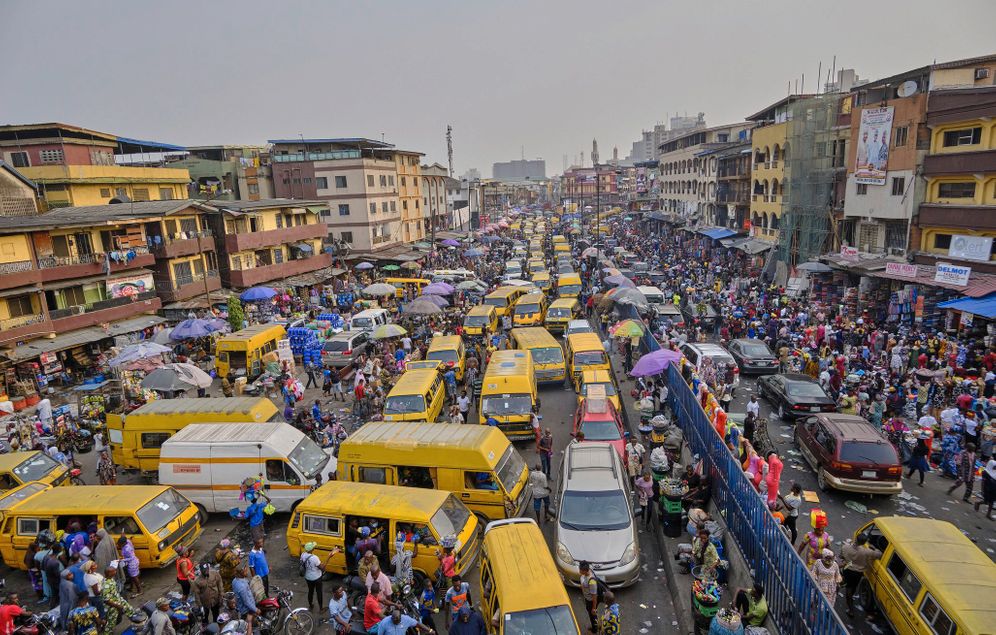The Governor of Lagos State, Babajide Sanwo-Olu has stated that $8 billion is needed to make Lagos a climate-resilient city.
Sanwo-Olu made the statement on Wednesday while addressing participants at a side event organised at the Nigeria pavilion at the United Nations Climate Change Conference (COP27), in Sharm El Sheikh, Egypt.
According to the governor, who addressed the participants virtually, the $100 billion pledge for climate finance by developed nations to assist developing countries had not been fulfilled.
He said that the Lagos State government had taken care of the political will and planning issues that had prevented the disbursement of this money.
He cited the Lagos Climate Action Plan as an example, which targets net-zero emissions in Lagos by the year 2050.
Read also: University, partners to host forum on resilient systems
According to Sanwo-Olu, the Lagos State government’s existence of a plan was an indication of political will.
With the state’s climate action plan, he claimed, his administration will develop robust infrastructure, safeguard socially vulnerable individuals, and prepare for and enhance its reaction to the crisis, should it arise.
In his words, “The state of Lagos has taken courageous measures to mitigate the effects of climate change on the metropolis. Lagos is the only state in Nigeria that has prepared and initiated the execution of a Climate Action Plan. This Plan outlined 26 efforts covering adaptation and mitigation actions to build a sustainable low-carbon economy in pursuit of achieving net zero carbon emissions by 2050.
“Since then, we have taken an evidence-based approach to understand the impacts of climate change on Lagos and have estimated over $30 billion of socioeconomic losses due to impacts on lives, loss of livelihoods, and infrastructure damage; this impact is more than 10 times the city’s budget for the year 2022.
“In response to these climate concerns, we have decided to construct a portfolio of initiatives with the following objectives: build resilient infrastructures and public spaces, ensure resilient communities and protect vulnerable groups, and predict risk and improve crisis response.
“We predict that our portfolio of climate resilience initiatives will require over $8 billion in grants, low-cost public funds, and commercial investments to support our resilience journey. The investments will allow us to complete our adaptation planning, execute feasibility studies on projects requiring them, and initiate the implementation of projects that are ready to be implemented.”
Story was adapted from Nigerian Tribune.
